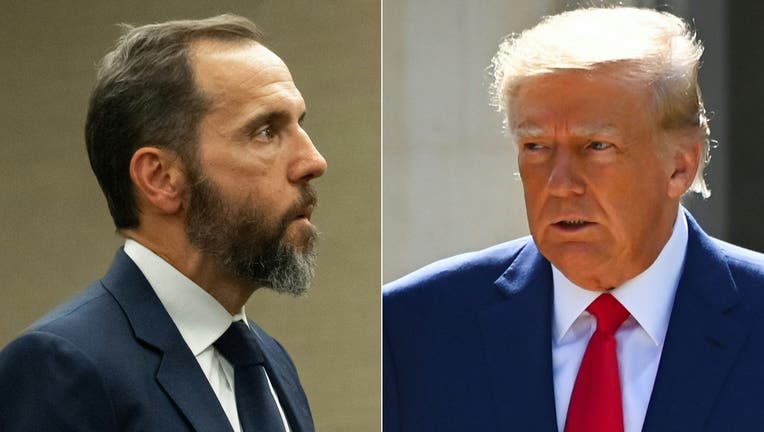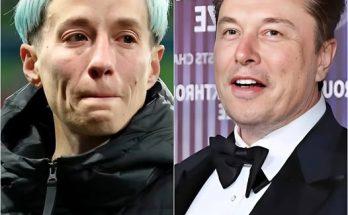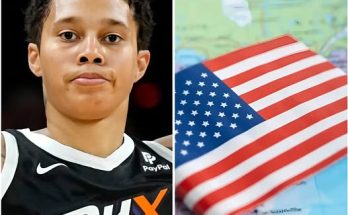
Special counsel Jack Smith has resigned, just days before President-elect Donald Trump is set to take office.
The Justice Department revealed in a filing on Saturday that Smith resigned from the department on Friday after having submitted his Trump investigative report to the attorney general. The move had been expected.
Meanwhile, a legal dispute is still underway to determine whether the Justice Department can release one part of its two-volume report focused on Trump’s efforts to undo the 2020 presidential election. The department has said it will not publicly disclose a separate volume — about Trump’s hoarding of classified documents at his Mar-a-Lago resort in Florida after he left the White House in January 2021 — as long as criminal proceedings against two of Trump’s co-defendants remain pending.
Trump has denied wrongdoing and long criticized the two legal proceedings against him, of which Smith was at the helm. Trump had previously said firing Smith and his team was an immediate priority when he takes presidential office.
If any of Smith’s investigative report is released, Trump said during a wide-ranging news conference at Mar-a-Lago in Palm Beach, Florida, on Jan. 7: “It’ll be a fake report just like it was a fake investigation.”
Here’s what to know about Smith’s two investigations involving Trump:
Classified documents inquiry
Charges remain pending against two Trump co-defendants in a Florida case accusing Trump of illegally holding classified documents.
Aileen Cannon, the Trump-appointed judge presiding over the classified documents case, dismissed Smith’s initial inquiry into Trump in July after concluding it was illegal.
Smith’s appeal of the dismissal of charges against two people charged alongside Trump with obstructing the investigation is still active.
The likelihood that the report on the classified documents investigation, which of all inquiries against Trump had once seemed to carry the greatest legal threat, would ever be released given that the Trump Justice Department almost certainly will not make the document public even after the case against the two co-defendants is resolved.
Election interference
The election interference case was significantly narrowed by a Supreme Court ruling on presidential immunity.
The court ruled then for the first time that former presidents have broad immunity from prosecution, all but ending prospects Trump could be tried before the November election.
Smith’s team abandoned both cases in November after Trump’s presidential victory, citing Justice Department policy that prohibits the federal prosecutions of sitting presidents.



